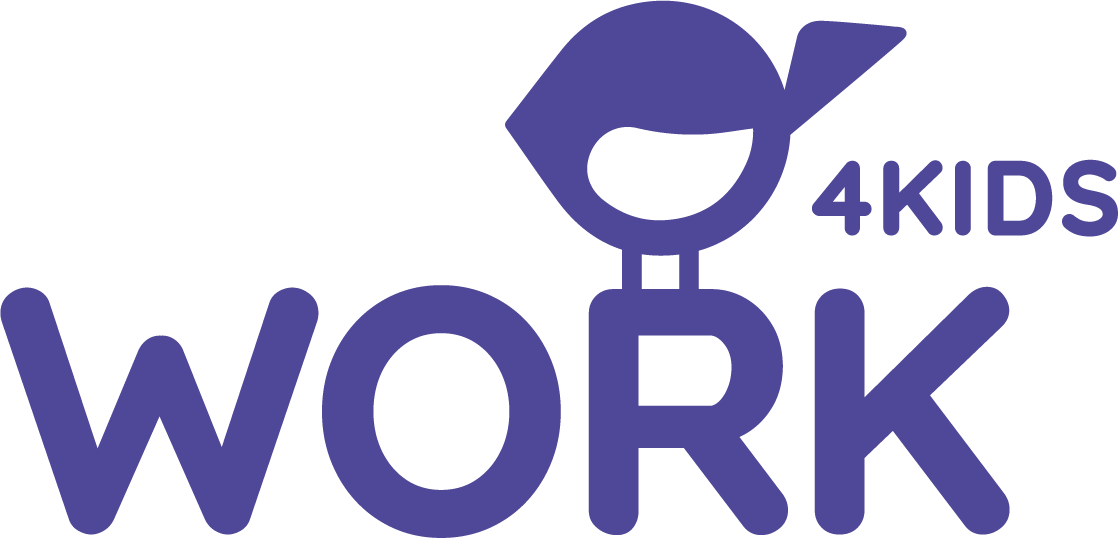Daily Schedule
Arrival and Welcome Phase
Between 7:30 and 9:00 a.m., children have the opportunity to arrive at the facility. During this time, children and parents are warmly greeted and welcomed by an educational professional at the entrance area. Parents can pass on important information to the receiving person (e.g., changes in pick-up arrangements). Parents can accompany their children to their home group, ensuring a smooth transition from home to the facility.
Breakfast
Between 7:30 and 8:45 a.m., children can have breakfast in the bistro. They can eat their packed snack and enjoy the rich selection of fruits and vegetables provided by the daycare. The educational professionals in the bistro assist the children as needed and prepare breakfast for those in full-day care.
Morning Circle
After a secure arrival and a short play phase, the children are signaled to gather for the morning circle. The morning circle is a daily ritual that allows the children to start the day together. The group discusses the date, the season, and sings songs together with the educational professionals. The needs and wishes of the children are individually addressed daily. At the end of the morning circle, the children are prepared for the upcoming day by talking about the planned activities.
Free Play
During free play, children can play in the familiar group room in various functional corners and, with permission, switch rooms. By switching rooms, children can meet and play with friends from other groups. The educational professional provides various learning stimuli during the free play phase. Working in small groups, projects, play ideas, preschool projects, and language support programs can be incorporated into free play. The free play phase allows educational professionals to conduct targeted developmental observations.
Activities and Impulses
Regular observations during the free play phase allow for planning and implementing impulses in age-homogeneous or age-heterogeneous small groups. These cover educational areas: thinking, language, emotions, senses/perception, movement, and motor skills.
Tidying Up Phase
Through a signal or a tidying-up song from the educational professional, the children know that it is time to start tidying up. The children clean up independently with support from the educational professionals. This joint tidying up strengthens the sense of community.
Movement Phase
Depending on the situation, movement activities take place in the garden or on the rooftop terrace. There are various movement offerings both outside and inside. The hall also provides enough space for children to move around. The goal is for the children to satisfy their need for movement and develop their motor skills. Regular walks and outings offer opportunities to explore the surroundings.
Lunch
Every day, a communal lunch takes place. Everyone waits until all snacks are unpacked so that a communal table grace can be said. We value a communal lunch as it promotes social structures and communication among the children.
Sleep and Rest Phase
Between 11:30 a.m. and 12:00 p.m., the quiet phase begins in the nursery. After lunch, the children prepare for sleep. The educational professionals accompany the children to the sleeping rooms. Depending on their developmental stage, children already undress some clothing items themselves and are assisted as needed. For relaxation, each child has their own bed in the sleeping room. In the kindergarten area, after lunch, the children have the opportunity to retreat to their respective group rooms for a quiet phase.
Pick-Up Phase
During the pick-up phase, all children gather at their designated meeting point after getting dressed and sing farewell songs together with the educational professionals. Important information from the daycare can be passed on to the parents during brief conversations at the door.
Full-Day Care
The arrival time for full-day care starts at 7:00 a.m., with the daily routine of the full-day group aligning with that of the groups with extended opening hours. Breakfast, lunch, and the afternoon snack are provided by the facility. For the quiet phase, a rest room is available for the children from 1:30 p.m., where they can rest and/or sleep to recharge for the afternoon. Around 3:00 p.m., we offer the children a daily afternoon snack (e.g., bread with spread, fruits, and vegetables). The subsequent free play time is supplemented with regular play impulses. The care time for full-day children ends at 5:00 p.m. from Monday to Thursday and at 4:00 p.m. on Friday.



